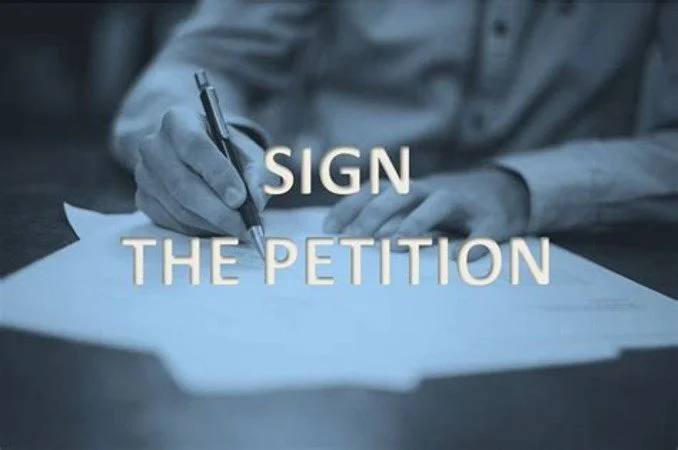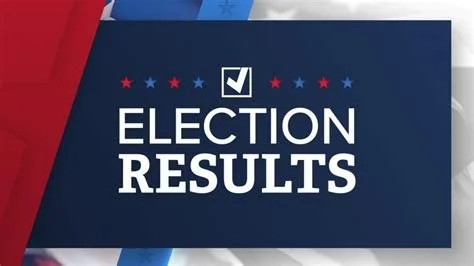
Tyranny of the Majority is a problem that must be considered with the adoption of any new public policy
Protecting Missouri’s Constitution
In an era where direct democracy risks being hijacked by special interests and foreign influences, Missouri's House Joint Resolution 3 (HJR 3) emerges as a vital shield for our state's foundational principles. HJR 3 isn't about stifling voter voices—it's about ensuring those voices represent genuine Missouri values, free from fraud, deception, and external manipulation.
As the Show-Me State prepares for the 2026 ballot, HJR 3 proposes a balanced reform to the initiative petition (IP) process, addressing glaring abuses while preserving citizens' rights. With progressive groups already flooding the system with radical proposals, supporting HJR 3 isn't just prudent—it's essential to protecting our families, jobs, and way of life.
Why We Need IP Reform Now
Progressives are corrupting the citizen initiative process to push for direct democracy, bypassing representative government. If left unchecked, this could make Missouri unrecognizable and unworthy of saving. HJR 3 is a critical step to restore balance and protect our state's future.
What’s in HJR 3?
HJR 3 introduces commonsense reforms to Missouri's initiative petition process, aiming to prevent fraud, foreign interference, and manipulation while maintaining citizen input.
Key provisions include:
Prohibiting Contributions from Foreign Adversaries and Nationals: Bans direct and in-kind contributions from foreign entities to initiative petitions. This language mirrors Senate Bill 152, which was passed in the 2025 legislative session.
Punishing Initiative Petition Signature Fraud as a Crime: Establishes clear penalties for fraudulent signatures to ensure the integrity of the process.
Requiring Public Hearings for Public Comment: Mandates hearings before initiatives are placed on the ballot, allowing Missourians to provide input.
Making Full Text Available to Voters: Ensures that the complete text of any initiative petition is provided with ballots for transparency.
Require a majority of voters: Protect rural Missourians by requiring a majority of voters in each congressional district to approve initiative petitions to amend the constitution
These measures protect the process from abuse without eliminating citizen-led initiatives.
How Constitutional Amendments Will Be Ratified by Voters
HJR 3 differentiates ratification requirements based on how amendments are proposed, ensuring broader consensus for citizen-driven changes:
For Amendments Proposed by Citizen Initiative or Constitutional Convention: Requires a majority approval in each congressional district, promoting statewide buy-in.
For Amendments Proposed by the Legislature: Requires only a simple majority (50% plus one vote) statewide.
This structure balances accessibility with protection against urban-dominated decisions that could override rural voices.
Citizens Will Still Have a Voice!
HJR 3 does not eliminate the initiative process—it refines it to prevent exploitation. Important points include:
No changes to citizen initiative petitions for statutory or referendum ballot measures.
These measures will still require only a simple majority (50% plus one) to pass.
The legislature retains the ability to modify or repeal any statutory ballot measure, preserving flexibility.
Missourians can continue to propose and vote on laws that align with their values.
Conservatives are BAD at Using the IP Process
Research into citizen initiative petitions submitted to the Secretary of State from 2002 to 2025 (23 years) reveals a stark disparity in success rates between conservatives and progressives. Over 313 petitions were submitted in total:
232 for Constitutional Amendments
78 for Statutory Amendments
3 for Referendums
Republican Ballot Success
52 Constitutional Amendment petitions circulated; only 1 made it to the ballot (on limiting campaign contributions—not clearly a conservative issue—and it passed).
3 Statutory petitions submitted; only 1 made it to the ballot.
2 Referendum petitions submitted; zero qualified for the ballot.
Democrat Ballot Success
The Democrats are EXPLOITING Missouri’s weak initiative petition process to legislate from the ballot box because they can’t win an election on their own ideas.
180 Constitutional Amendment petitions circulated; 23 were approved for the ballot, with 14 approved by voters.
75 Statutory petitions submitted; 11 approved for the ballot, with 8 approved by voters.
1 Referendum submitted; 1 approved for the ballot and by voters (repeal of Right to Work).
Conservative Issues Submitted for Petitions, But Did Not Collect Enough Signatures to Qualify for Ballot
Many conservative priorities have been proposed via petitions but failed to advance due to a lack of signatures or resources. These examples include:
School Choice (8 times) (Versions of school choice have been passed by the legislature.)
Immigration Enforcement (This was passed in 2024 in HB 495.)
Personhood (2 times)
Ban on Abortion (The legislature passed the HJR3, the Heartbeat Bill, and the Trigger Law.)
Right to Work
Eminent Domain (13 times)
Parental Rights (2 versions)
Medical Freedom (2 times)
Hand Counting of Ballots (Passed in HB 1878)
Photo ID for voting (Passed in HB 1878)
Repeal of the Missouri Court Plan
Democrat Issues Submitted for IPs
In contrast, progressive issues have seen significant success through the IP process, including:
Abortion on Demand (2024) Passed
Medicare Expansion Passed
Legalization of Marijuana - Passed
Fuel Tax - Passed
Stem Cell Research - Passed
Tobacco Tax - Passed
Renewable Energy - Passed
Teacher Performance - Passed
Sports Betting - Passed
Medical Marijuana - Passed
Minimum Wage Increases - Passed
These victories demonstrate how the current system has been weaponized for the RADICAL LEFT AGENDA.








